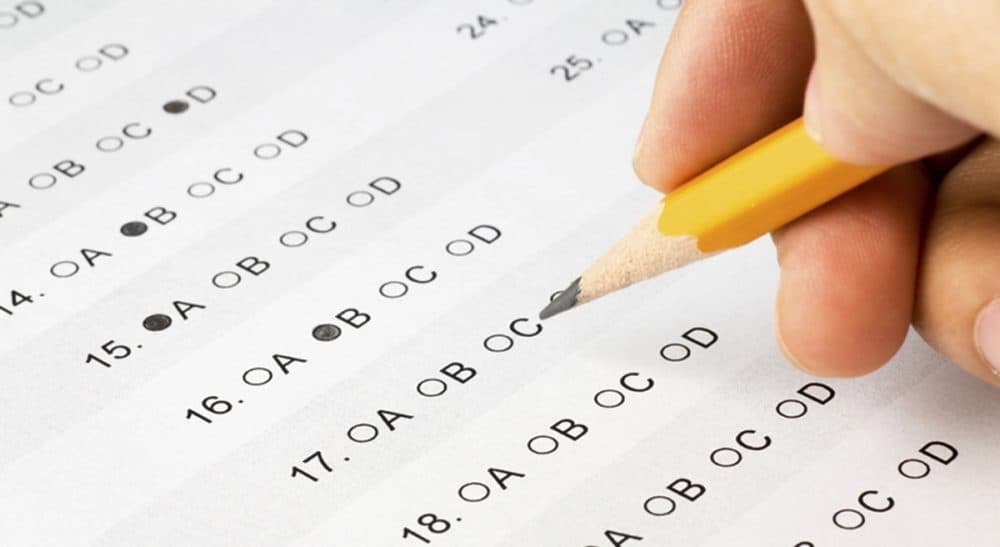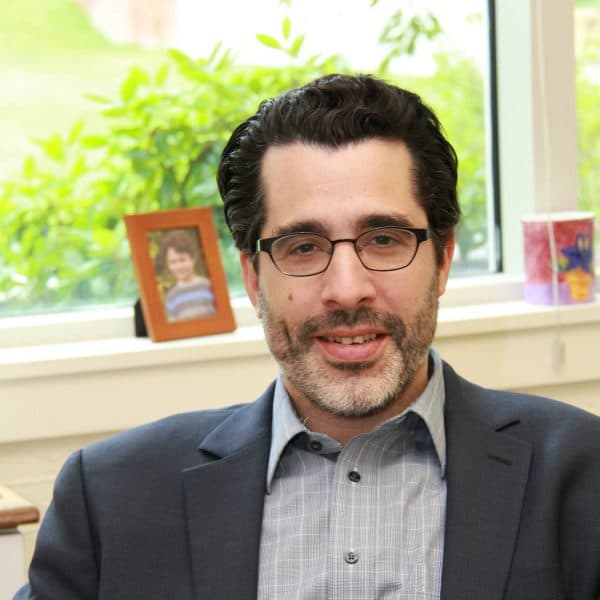Advertisement
Overtesting And China: A Cautionary Tale

The Massachusetts Executive Office of Education (EOE) recently announced that it has commissioned a study to assess whether the state was requiring too much testing of students. The study is in response to growing concern from administrators, teachers and families that the state’s — and the country’s — focus on standardized testing has hijacked school curriculum and schedules and stifled both teacher and student creativity.
Is this concern valid? Since being one of the first states to develop a comprehensive student assessment system, Massachusetts routinely leads the nation in performance on the National Assessment of Educational Progress (NAEP) and the Scholastic Aptitude Test (SAT) and performs highly on international assessments, such as the Trends in International Mathematics and Science Study (TIMSS). Isn’t this a good thing?
The Chinese education system, Zhao writes, has impeded native entrepreneurship.
According to a new book about the Chinese education system by Yong Zhao, a Chinese-born scholar at the University of Oregon, no. In fact, the main premise of “Who’s Afraid of the Big Bad Dragon? Why China Has the Best (and Worst) Education System in the World,” directly supports the concerns expressed by Massachusetts administrators, teachers and families. Professor Zhao contends that, while China’s historical and heavy emphasis on memorization of “predetermined content,” cultivation of “prescribed skills” and strong performance on national standardized examinations has led to high ranking on international tests, it has muted innovation, creativity, divergent thinking and individuality.
The Chinese education system, Zhao writes, has impeded native entrepreneurship. Most of China’s astounding economic growth over the past two decades, he asserts, has been driven by outside ideas, be it from Apple, General Electric or another foreign company.
Another scholar of China’s education system, Peking University’s Zheng Yefu, made a similar observation in his 2013 book, “The Pathology of Chinese Education:”
No one, after 12 years of Chinese education, has any chance to receive a Nobel prize, even if he or she went to Harvard, Yale, Oxford or Cambridge for college… Out of the one billion people who have been educated in Mainland China since 1949, there has been no Nobel prize winner… This forcefully testifies [to] the power of education in destroying creativity in China.
The same is true in other countries with similar educational approaches, including Singapore, Korea and Japan, where high scores on content-based tests belie a lack of innovation and creativity in the culture at large.
...over-testing, and testing used primarily as a means to rank students, teachers or schools based on how well they retain content-knowledge and skills is not helpful.
Thus there is good reason for concern, and for the Massachusetts EOE to commission its study. Yet the question remains: Is testing bad? Assessments that provide educators and families with insight into students’ learning are invaluable tools. But overtesting, and testing used primarily as a means to rank students, teachers or schools based on how well they retain content-knowledge and skills is not helpful. As Zhao warns, it may impede innovation, creativity, divergent thinking and individuality among generations of students.
I await the findings of the state study along with everyone else. In the meantime, I offer the following recommendations for the implementation and frequency of testing.
- The primary purpose of testing should be to help educators and families construct profiles of student strengths and challenges. I.e., provide a window into what students can do and how they understand something or process information, the better to understand how adults can assist them.
Advertisement
- Testing should not focus on what a student knows at a given moment in time. Learning is fluid and dynamic. Testing that happens once a year cannot reflect a student’s growth or regression. One-time assessments are also subject to personal and situational events, such as family stress, bad days or moods, physical health, etc. Educators should instead use shorter assessments, given multiple times over a school year and reviewed regularly by educators and families, to map learning progress over time.
- Testing used to rank an educator and/or school is problematic. There are far too many variables that affect student learning, both in and outside of school. It is unrealistic and unfair to to place any significant weight on one variable, such as the teacher. Rather, educators and schools should be ranked on how well they use assessment data to understand children, guide individual and group lessons, and communicate with families about their child’s learning strengths and challenges.
There are schools and teachers using assessment in these ways, but far too few. Too many — and too many parents, as well — are caught up in the test score ranking game. Let’s hope that, just as Massachusetts led the way two decades ago in ushering in standardized testing, the state can again pioneer the development of assessment systems focused solely around understanding and responding to each child’s learning needs.
Related:
